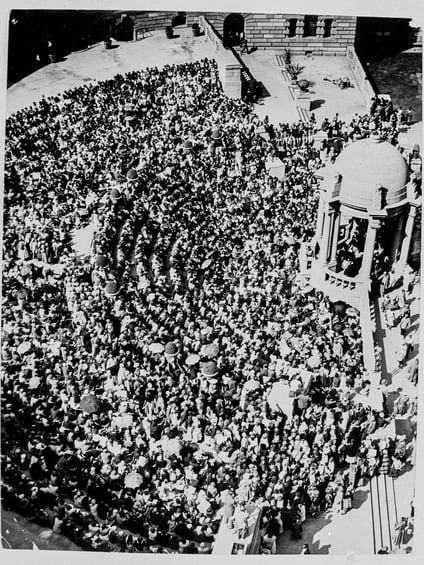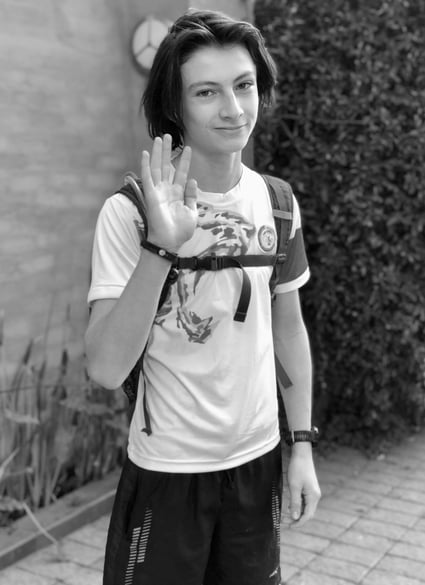About Us
Four years ago, as a high school student, I found myself reflecting on the upcoming Women’s Day public holiday. To my surprise, neither I nor those around me truly understood the depth of its significance beyond a general celebration of South African women. Driven by curiosity, I delved into the history and discovered the profound events of 9 August 1956.
Inspired and moved, I decided to walk a marathon alone through the streets of Johannesburg on Women’s Day, greeting over 100 people with a, ‘Happy Women’s Day’. What began as a personal journey has since evolved into an annual event.
Today, our marathon from Johannesburg to Pretoria stands as a tribute to the resilience and unity of South African women. Beyond the walk, we’ve established a charity initiative in partnership with Raizcorp, South Africa’s leading business incubator. Through this collaboration, 100% of our profits support women-led businesses, fostering growth and creating job opportunities for women across the nation.
— Jude Kapeluschnik




The History
On 9 August 1956, approximately 20,000 women from diverse backgrounds marched to the Union Buildings in Pretoria. Their protest was against the apartheid government’s pass laws, which sought to control the movement of Black women in urban areas.
The march was a monumental act of defiance. Women arrived from all parts of the country, some traveling from as far as Cape Town and Port Elizabeth. They carried petitions with over 100,000 signatures, demanding the repeal of the pass laws. Upon reaching the Union Buildings, the women stood in silent protest for 30 minutes before singing freedom songs, including the now-iconic “Wathint’ Abafazi, Wathint’ Imbokodo” (“You strike a woman, you strike a rock”).
This march was a pivotal moment in South Africa’s history, highlighting the crucial role women played in the struggle against apartheid. In recognition of their courage and determination, National Women’s Day is celebrated annually on 9 August, commemorating the bravery of those who stood up against injustice
